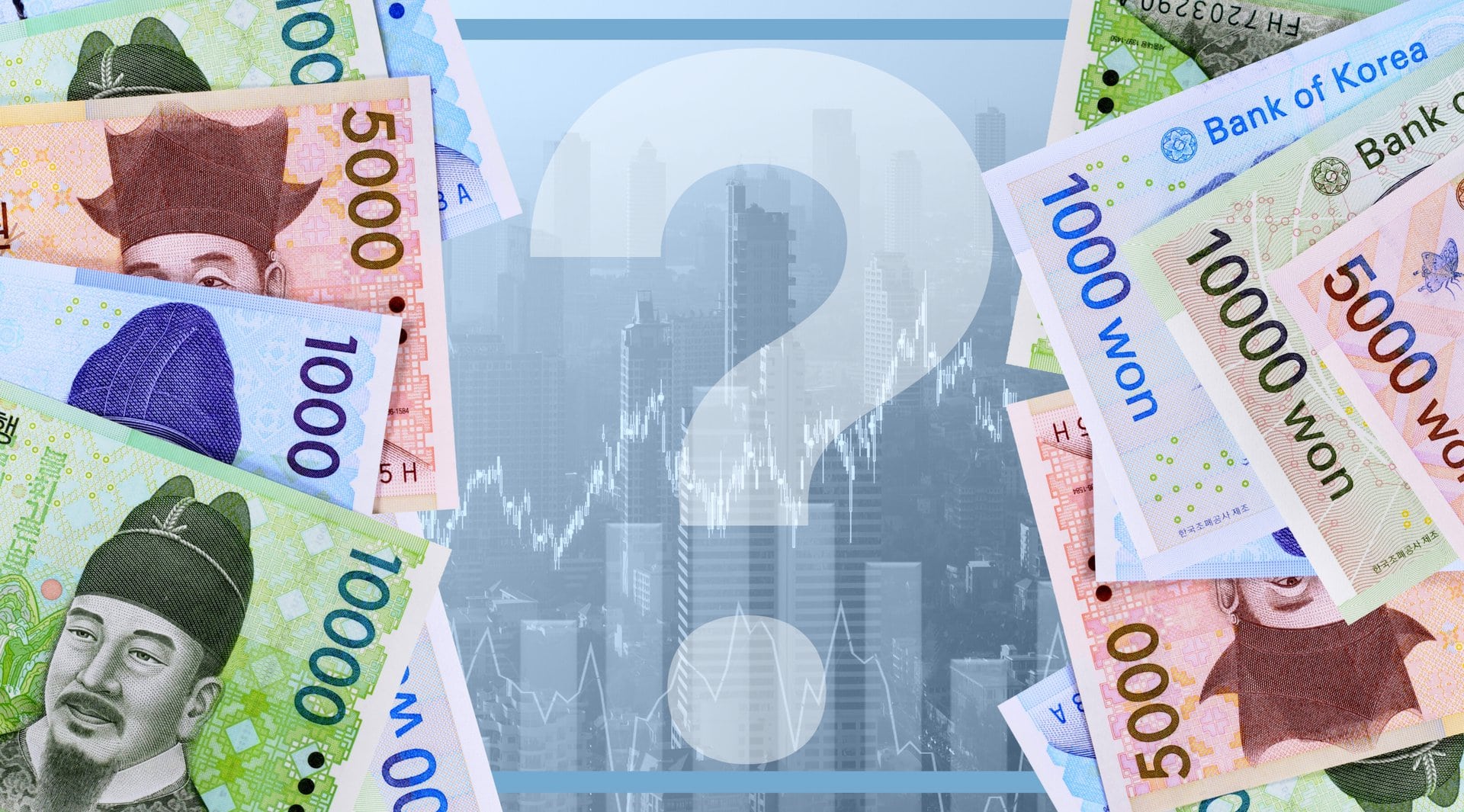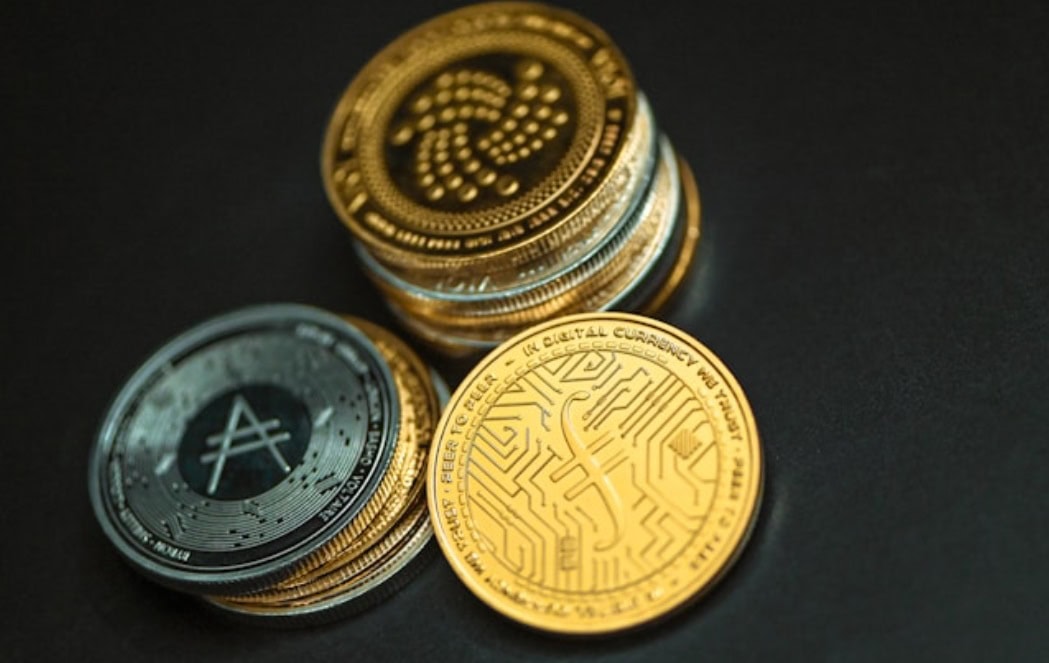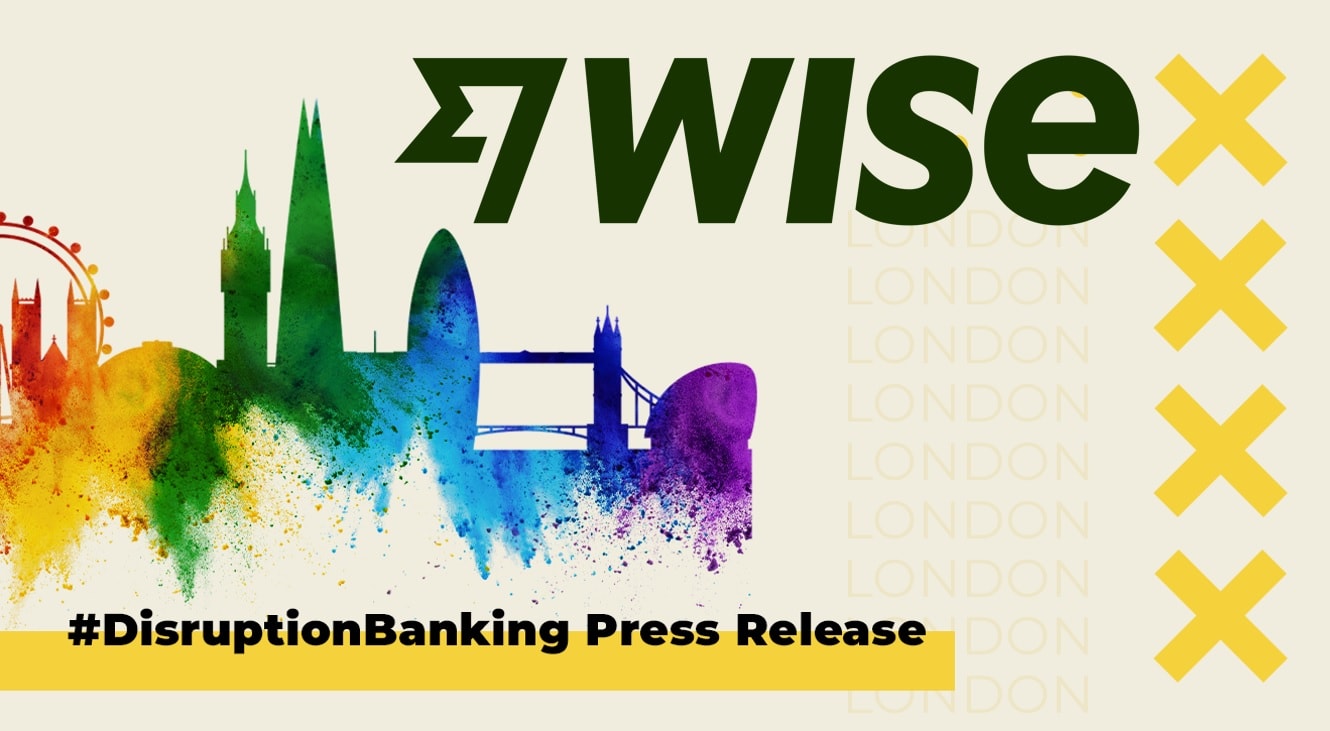2022 was an extremely volatile year for the South Korean Won (KRW) – one in which the currency declined around 10% against the US Dollar. It could have been worse: at one point, the dollar had made gains of over 20% against the Won, taking KRW to a 13-year low. But South Korea’s currency, with a bit of help from the Bank of Korea, bounced back in the final part of the year to post the best fourth quarter currency performance in Asia. What could 2023 have in store? There are three main factors that are likely to drive KRW’s strength this year.
South Korea’s won is seen strengthening further after bouncing back from a 13-year low to become Asia’s best-performing currency, as the outlook for global trade improves for the major exporting nation https://t.co/TF1NqnV6JH
— Bloomberg (@business) November 21, 2022
China
The South Korean Won is highly exposed to developments in China. Indeed, as Jaejoon Woo recently outlined in an interview with #DisruptionBanking, KRW often trades as a proxy for the Chinese Yuan (CNY) on international foreign exchange markets. The yuan is not freely tradeable, owing to China’s currency controls, and is subject to heavy price manipulation by the People’s Bank of China (PBOC). Because South Korea ran a substantial trade deficit with China until recently, its economy has traditionally been highly dependent on China’s own economic health. This makes the strength of the Won a good indicator of the strength of the Chinese economy, and a good replacement for the yuan on foreign exchange markets.
Jaejoon also pointed out that its weakness might owe to the fact the Korean #Won often trades as a proxy for the Chinese #Yuan. China has had a dire year because of President Xi’s zero-Covid policy which has put heavy restrictions on economic activity.https://t.co/f7oyzNoiBM
— #DisruptionBanking (@DisruptionBank) January 4, 2023
China had a dismal year economically, which partly explains the Won’s volatility. For most of the year, China was subject to President Xi’s “zero Covid” policies, which highly limited almost all forms of economic activity, including manufacturing. The country was then engulfed by protests against the Chinese Communist Party’s policies, political instability that weighed on the Won.
Now that the CCP has been forced to open the country up, will the economic outlook in Beijing improve and drive up the value of the Won? In the short term, China’s reopening could in fact make the economic situation worse. The low efficacy of China’s vaccines means that, as the CCP started to remove restrictions, the country quickly saw up to 250 million people infected with coronavirus. The absence of swathes of China’s population from the workforce will reinforce supply chain issues and weigh on manufacturing and economic activity. Looking longer term, however, perhaps once more effective vaccines are distributed and China stabilises the situation, the dropping of zero Covid should brighten the prospects of Chinese industry, South Korean business, and the Won.
Federal Reserve
South Korea is not only exposed to China. Like much of the world, the country is also affected by decisions taken by the Federal Reserve in Washington, D.C. The moves in 2022 to hike interest rates in the States, in response to rising prices, put significant pressure on the Bank of Korea (BOK) to follow suit. This was despite inflation in South Korea being at a relatively modest level of around 5%.
Central bank officials were reluctant to raise rates because many citizens in South Korea have sizeable mortgage commitments. Increasing interest rates therefore means eating into their disposable income and, at worst, prompting repossessions. Yet not to keep pace with the Federal Reserve would open up the possibility of a run on the Won. Traders would be very unlikely to hold KRW if they were offered better interest rates from the dollar – which is also one of the safest financial assets on global markets.
First article from #Seoul for @DisruptionBank. The Bank of Korea must hike rates to match the US & shield the Won. But it can't do so without exposing millions to potential home losses. This uncertainty is affecting the city's nascent #privateequity scene:https://t.co/ljjh5XO042
— Harry Clynch (@clynchharry) November 8, 2022
The BOK moved rapidly to protect the Won and succeeded in doing so, as demonstrated by the currency’s stronger performance towards the end of the year. In 2023, it appears that the Fed will strike a more dovish tone and ease off talk of further hikes. While any lowering of rates are unlikely to come before 2024 at the earliest, this should give KRW some space to make gains. However, any signs that inflation in the States is not fully under control could prompt the Fed to move aggressively once more to raise rates. South Korea’s currency will be at the mercy of these factors as the country seeks to move past a volatile 2022.
Bank of Korea
While South Korea is heavily affected by developments in Beijing and Washington, the manner in which the BOK responds is equally important. News recently emerged that, in the third quarter last year, the South Korean central bank committed itself to record amounts of “market-smoothing operations” to help prop up the Won. The BOK revealed last week that it had sold $17.54 billion from its foreign exchange reserves in this period, which followed $15 billion worth of sales in the second quarter. This meant that in September, the country’s reserves fell by almost $20 billion, the largest fall since October 2008.
The Bank of Korea (#BOK) said on Friday it sold a net US$17.54 billion in the third quarter to help ease the decline of the local currency against the U.S. dollar.https://t.co/b5xARXErsF
— #DisruptionBanking (@DisruptionBank) January 4, 2023
Would the BOK be able to undertake such operations in 2023 if need be? Despite the huge dollar sales in the latter part of the year, South Korea’s foreign reserves expanded for the last two months of 2022. This was because a weakening dollar led to a rise in the converted value of reserves held in other currencies. While central bank officials would be disappointed to see any fall in the size of the country’s foreign reserves, should the Won have another volatile year, investors and traders can be confident that the BOK has the power to respond appropriately. Indeed, South Korea has the ninth largest foreign reserves in the world.
Of course, the hope in Seoul is that these foreign reserves need not be used. If China re-emerges successfully from three long years of lockdowns – and if the Federal Reserve does not feel the need to hike interest rates further – that will be a significant boost to the value of KRW. Domestic factors on the peninsula will also play a role. South Korea will be aiming for much stronger exports this year after sharp plunges. The currency would benefit from an easing of political tensions after a year of aggressive manoeuvres from North Korea. Reductions in the industrial price of energy and electricity would be a big boost for South Korean industry and, in turn, the Won.
Despite South Korea being one of the most advanced economies in the world, the South Korean Won remains an emerging market currency. Volatility is therefore to be expected. However, after a tumultuous 2022, the signs are looking more encouraging for the Won as we head into 2023.
Author: Harry Clynch
#SouthKorea #Won #Asia #China #FederalReserve #BOK















